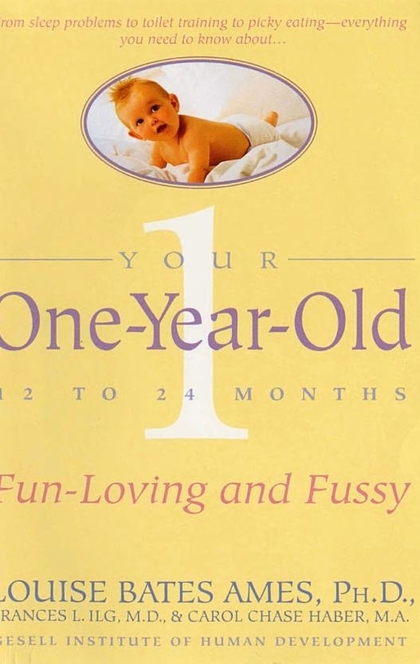Your One-Year-Old
Updated:
7 Sep 2020
The child from twelve to twenty-four months of age is a joy to have around—some of the time, that is. This child is growing at an incredible rate, learning to walk, learning to touch, learning to love, and learning to say “No!” for the first time. All of this can be quite a handful for the new parent. In this first book in the series from the renowned Gesell Institute, which includes Your One-Year-Old through Your Ten- to Fourteen-Year-Old, the authors discuss all important questions that concern the twelve- to twenty-four-month-old child. They examine the various stages of development between infancy and toddlerhood: what new things the child can do; how the child acts with parents and other people; what the child thinks and feels. Included in this book: • Sleeping and feeding routines • A one-year-old’s view of the world—and herself • Accomplishments and abilities • The basics of toilet training • Stories from real life • A list of age-appropriate toys and books • A bibliography for parents “Louise Bates Ames and her colleagues synthesize a lifetime of observation of children, consultation, and discussion with parents. These books will help parents to better understand their children and will guide them through the fascinating and sometimes trying experiences of modern parenthood.”—Donald J. Cohen, M.D., Director, Yale Child Study Center, Irving B. Harris Professor of Child Psychiatry, Pediatrics, and Psychology, Yale School of Medicine




